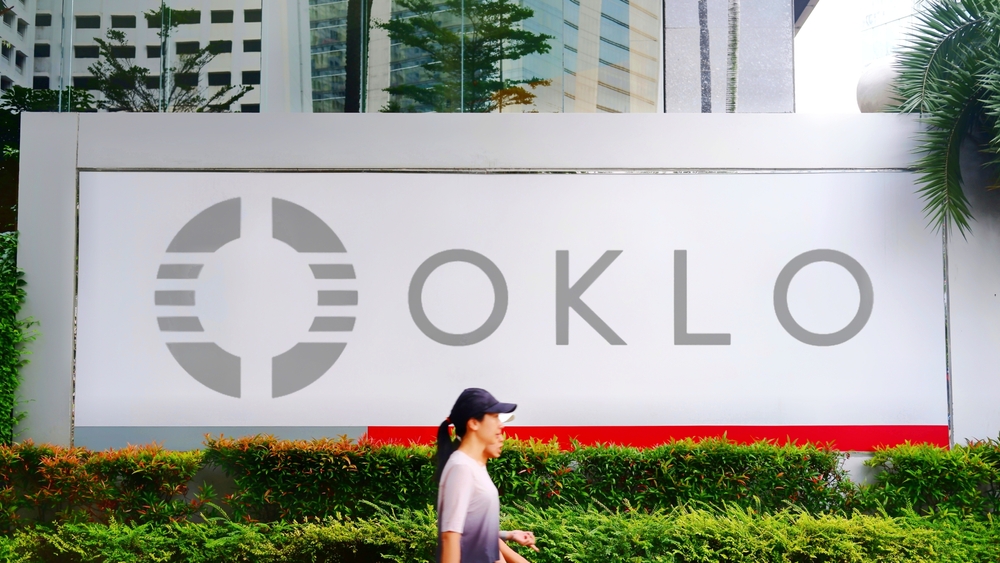
Oklo management is making one thing clear: when you're building the future of nuclear energy, narrative might matter more than revenue, at least for now.
It’s been 11 months since Oklo (OKLO) went public via a SPAC merger with AltC Acquisition Corp. Since its debut on the New York Stock Exchange, the stock has returned a solid 67% to shareholders.
That’s despite the company having no commercial revenue and warning that its financial losses will only grow in the years ahead.
In its last earnings report, Oklo reported a $52.8 million operating loss in 2024 and $38.4 million in cash outflows. Management expects operating expenses to more than double this year, landing between $65 million and $80 million.
Yet, with $275.3 million in cash and securities reported at year-end, Oklo has plenty of runway. The real question is how long it can keep burning cash without a product on the market.
The company itself doesn’t sugarcoat it.
“We are an early‑stage company with a history of financial losses, and we expect to incur significant expenses and continuing financial losses,” Oklo said on its recent earnings call.
Big losses, bigger opportunities
So why are investors still betting big on Oklo? That's largely because it has a real shot revolutionizing nuclear power funded with massive, long-horizon government contracts.
If everything goes to plan, Oklo could deploy the first commercial advanced fission power reactor in the U.S. after signing a Memorandum of Agreement (MOA) with the Department of Energy’s Idaho National Laboratory.
“Signing this MOA reflects our commitment to timely deployment and operational readiness while also helping to manage costs and maintain our project schedule,” said co-founder and CEO Jacob DeWitte.
The Idaho facility is currently on track for deployment in 2027.
More recently, Oklo was selected as one of eight companies for the Department of Defense’s Advanced Nuclear Power for Installations Program. That’s a major initiative to bring microreactor systems to U.S. military bases.
Beyond its government pipeline, Oklo signed a long-term power agreement with Switch, a Las Vegas-based data center operator.
The deal locks in 12 gigawatts of electricity through 2044, giving the startup a potential foothold in powering high-demand AI infrastructure.
Also worth noting is the fact that Oklo is chaired by Sam Altman, co-founder of OpenAI, who has long said that nuclear energy is essential to powering the next wave of artificial intelligence.
While Oklo isn’t directly connected to OpenAI, Altman’s support has given the startup added credibility among tech-aligned investors.
Your email address will not be published. Required fields are markedmarked